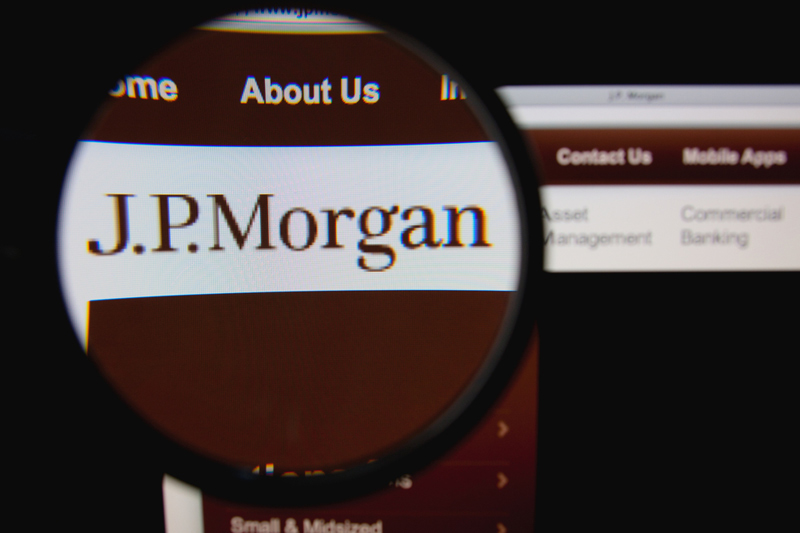Quiver Quantitative - Jamie Dimon, CEO of JPMorgan (JPM), recently expressed caution about the U.S. economic outlook, suggesting that a recession could still be a possibility. Speaking at the Australian Financial Review Business Summit, Dimon remarked that while many are expecting a soft economic landing, the chances of such an outcome might be lower than anticipated. He voiced concerns about stagflation, a scenario where inflation and unemployment rise simultaneously while economic growth stalls. Dimon’s comments come at a time when economic indicators have been skewed due to the Covid-19 pandemic, leading him to advise the Federal Reserve to wait for more clarity before cutting interest rates.
Dimon's cautious stance is a shift from his more optimistic views on world markets in recent times and marks a departure from his dire warnings in 2022 of an economic “hurricane” hitting the U.S. economy. His current perspective acknowledges the strong performance of the U.S. economy, noting low unemployment and rising wages. However, he emphasized the need for the Federal Reserve to maintain credibility and be prepared to act decisively if needed. His views align with Federal Reserve Chair Jerome Powell’s recent statements, emphasizing the need for confidence that inflation is sustainably moving towards the 2% target before considering easing monetary policies.
Market Overview: -Economic Uncertainty: JPMorgan Chase (NYSE:JPM) CEO Jamie Dimon cautions against excessive optimism regarding the U.S. economy. -Recession Risk: Dimon believes the threat of a recession remains despite the current economic boom. -Fed Policy in Focus: The timing of potential rate cuts by the Federal Reserve is a key market question. -Stagflation Concerns: Dimon raises the possibility of stagflation, a scenario of stagnant growth with persistent inflation. -US Election Uncertainty: The upcoming U.S. election adds another layer of uncertainty to the economic outlook.
Key Points: -Dimon Downplays Soft Landing Probability: JPMorgan's CEO assigns a lower likelihood to a soft economic landing compared to current market expectations. -Fed Rate Cuts on Hold: Dimon urges the Fed to wait for clearer signs of inflation control before embarking on rate cuts. -Distorted Indicators: Dimon cautions against relying heavily on economic data skewed by the pandemic, advocating for a more nuanced approach by the Fed. -Stagflation Risk: Dimon raises the prospect of stagflation, a scenario of stagnant economic growth coupled with persistent inflation. -US Election Uncertainty: Dimon acknowledges the unpredictable nature of the upcoming U.S. election, with both Biden and Trump posing challenges.
Looking Ahead: -The Fed's next move on interest rates will be closely watched, with Dimon's comments potentially influencing market expectations. -The evolution of inflation and the overall economic trajectory will be crucial in determining the likelihood of a recession. -The outcome of the US election could introduce further uncertainty into the economic forecast.
In addition to economic concerns, Dimon also commented on the upcoming U.S. presidential election, describing the race between Joe Biden and Donald Trump as unpredictable and likely to be a "circus." He noted Trump’s status as an "amazing political figure," yet highlighted his unpredictable nature, particularly regarding foreign policy. Dimon’s reflections on the election follow his prior support for Republican Nikki Haley, who recently suspended her presidential campaign.
Jamie Dimon’s insights are critical given his leadership at one of the largest banks in the U.S. His views on the economy and the political landscape reflect the complexities facing major financial institutions as they navigate uncertain economic conditions and a volatile political climate. As the world awaits the Federal Reserve's next moves and the outcome of the U.S. presidential election, Dimon’s perspectives offer a pragmatic lens through which to view these unfolding events.
This article was originally published on Quiver Quantitative
